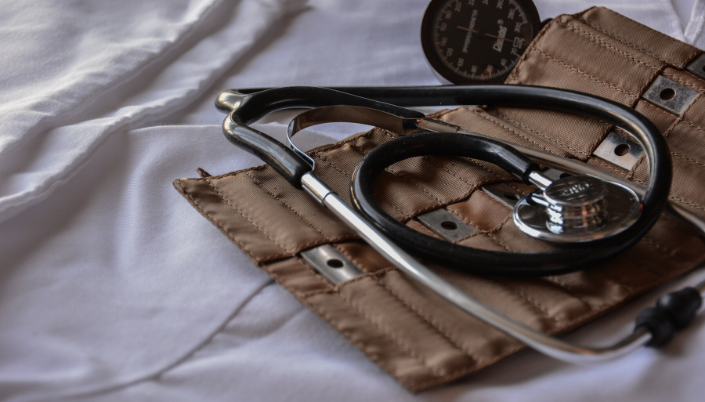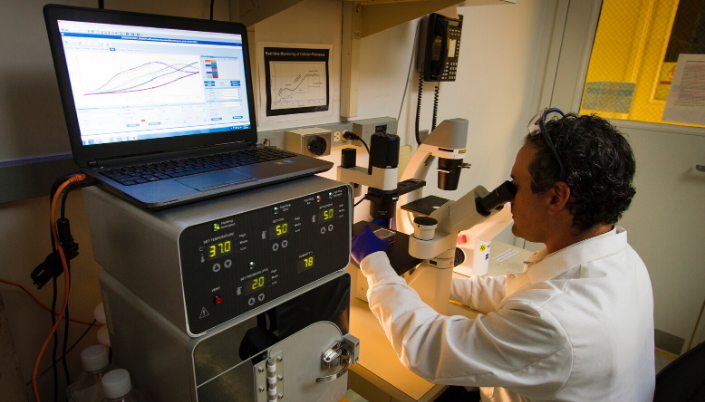
.png)
What Are Prices for Brits' Treatment Abroad?
12 Feb 2020 by Olga Brighton
We all dread the thought of having an emergency situation and needing medical assistance when going abroad, but with a UK traveller needing emergency medical treatment abroad every three minutes on their holiday (according to the Association of British Insurers), it’s no wonder that it makes sense to insure yourself just in case the worst happens. It’s further suggested that one in five Brits still travel without travel insurance despite a policy costing as little as £16 or less. Medical bills for those that did buy insurance, reached a total of £209 million for Brits travelling abroad. It pays to be prepared, so you can sit back and enjoy your trip all the more. We suggest you always follow the advice of taking out travel insurance as soon as you’ve paid for any part of your trip.

Medical fees represent the highest percentage of claims costs on travel insurance, so why risk a fortune to sort out an unforeseen medical problem while you’re away? Most of us will travel without a hitch, but there are complications and risks to consider when traveling. The common medical emergencies being: food poisoning, ear infections, broken bones, physical accidents when partaking in sporting activities, unforeseen problems relating to pre-existing medical conditions such as diabetes, asthma, blood pressure, heart conditions. It’s suggested in reports from ABI that many Brits still do not know what their travel insurance policy covers them for and that the travel destination would be the main reason why they decide to take out insurance.
So, what are the medical treatment costs?
There are many financial implications for not taking out travel insurance and having to ‘cough up’ for a lack of cover. For instance, the risks of medical claims abroad can cost you a hefty sum with the average medical claim being £1,368 as revealed by the Association of British Insurers (ABI). Medical costs will depend on a number of factors such as the seriousness of the medical problem, what treatment you receive (this will vary by location) and the accessibility of treatment at your destination. Other examples are more extreme, but not altogether unusual, such as a 19-year-old travelling in Cambodia who experienced a bad knee injury during his cycling trip and had to be hospitalised and flown back to the UK at the cost of £48,733. While travelling in the USA, two people became victims of a drunk driving incident, which resulted in critical medical treatment which reached a terrifying total of £587,000.
Read also: Key Facts You Didn’t Know About Travelling with Diabetes
This gives you a picture of how much medical claims can vary based on the severity of the incident and the location, but one thing is for sure (as the ABI mentions as well) it’s important to get a policy that prevents you from having to fork out for any unforeseen accidents or illness. The ABI’s Senior Travel Policy Advisor refers to this by saying “Anyone travelling abroad should avoid unnecessary financial and emotional stress by ensuring they have the right cover in place. As not all policies are the same, people should look for cover that meets their needs, rather than the cheapest option…Few people have the luxury of being able to afford a surprise £800 bill, let alone one that runs into the tens or hundreds of thousands if they fall ill abroad.” Wise words indeed in our opinion.
You can find more member case studies examples of medical treatment costs on the ABI website and in this article by The Telegraph.
Our advice to avoid expensive and unexpected medical costs

- Declare all pre-existing medical conditions: most of the time the reason why medical claims are rejected is because your medical condition isn’t covered, or you haven’t fully shared your medical history. Full disclosure from the outset is a must!
- Consider speaking to your doctor if you have any health concerns before you travel, or if you have pre-existing medical conditions. Especially if you’re away for a long period of time.
- Be aware of possible language barriers, medical facilities and costs in your chosen location. Just because it's cheap to visit, it doesn’t mean medical treatment is cheap. All of these things can make it more challenging or costly to get treated when abroad.
- Check the Medical Coverage Terms before you buy to ensure they are right for you. Also check there is a 24 hr Medical Assistance Helpline as part of your cover. They can be a lifesaver if things go wrong. Don’t go for just the cheapest option, check beyond the headlines so you get value for money and what’s right for you.
Find out more about our travel insurance policy options to make sure you’re fully covered for your next trip!
Wherever you travel always check FCO’s travel advice to help you stay safe and travel aware.
Read also: Exclusions Relating to Health and Medical Conditions – Should You Worry?
We accept

